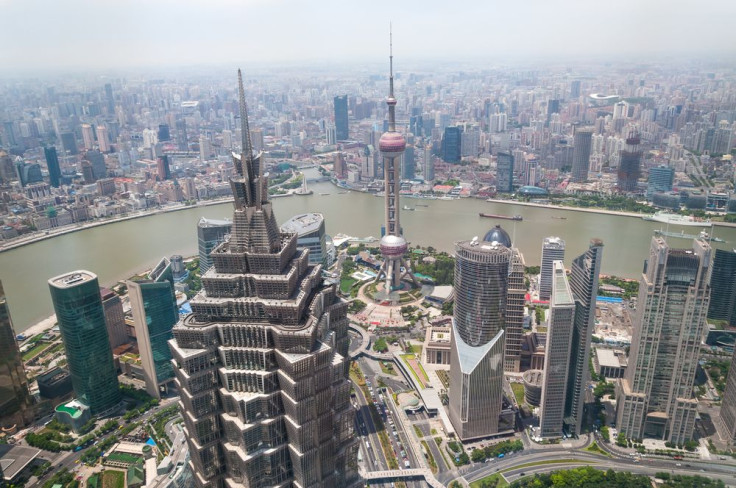China Shadow Banking: A 3 Billion Yuan Trust Product Faces Default Risk

China’s shadow banking sector is in the spotlight again. This time, it's a 3 billion-yuan ($500 million) trust product facing default at the end of this month -- a test for China’s zero-tolerance policy on default.
The product, called "2010 China Credit / Credit Equals Gold #1 Collective Trust Product," used the funds it raised from wealthy investors in 2010 to make a loan to unlisted coal company Shanxi Zhenfu Energy Group Ltd.
The trust offered investors a 10 percent yield, compared with the benchmark deposit rate of just 3 percent. It was issued by China Credit Trust Co. Ltd. and marketed through Industrial Bank Co. Ltd. (SHA:601166) branches.
According to the Chinese-language 21st Century Business Herald, Zhenfu Energy has already been declared bankrupt amid surging costs and shrinking profits as the country puts greater emphasis on economic restructuring and transforming the growth pattern.
In May 2012, Zhenfu Energy's vice chairman, Wang Pingyan, was arrested for accepting deposits without a banking license.
Following an investigation, China Credit Trust Company told investors that Zhenfu Energy had taken out high-interest underground loans totaling 2.9 billion yuan, bringing its total liabilities to 5.9 billion yuan. Meanwhile, total assets have been valued at less than 500 million yuan.
“In the past, similar events have happened, but default has been avoided as trust companies found ways to pay investors, sometimes with their own capital,” said Nomura analyst Zhiwei Zhang in a note. “China Credit Trust Company reportedly has 7.2 billion of net capital, giving it the capacity to absorb the loss and avoid a default, but given the extent of the losses, the trust company is reluctant to take that hit.”
ICBC, the world’s largest bank by assets, is not standing behind the product either. ICBC told Reuters that it has no plans to use its own money to repay investors. “Regarding this unsubstantiated rumor, a situation completely does not exist in which ICBC will assume the main responsibility [for the trust product],” an ICBC spokesman said.
Most wealth management products are sold through state-owned banks, leading many investors seeking better returns than what bank savings offer to believe that the products are effectively risk-free, despite the often high promised yield. However, banks are not legally required to shield investors from losses when products they help create and sell go bad.
“This case has become the focal point of the trust sector in China, with interested parties wondering if this will become the first case in which investors take a loss,” Zhang said. “If events do play out that way, it is only natural to expect a downturn in sentiment in the trust sector, which would have the potential to trigger a ripple effect on the financial system, which is going through a deleveraging process.”
The latest data from the People’s Bank of China showed that investment trusts and other wealth management products now accounts for nearly one-third of total credit in China, up from less than a quarter in 2012.
China’s shadow banking sector helped push up the country’s local government debt to a record high of 17.9 trillion yuan by June of last year, 70 percent higher than the previous audit, conducted at the end of 2010.
© Copyright IBTimes 2024. All rights reserved.












